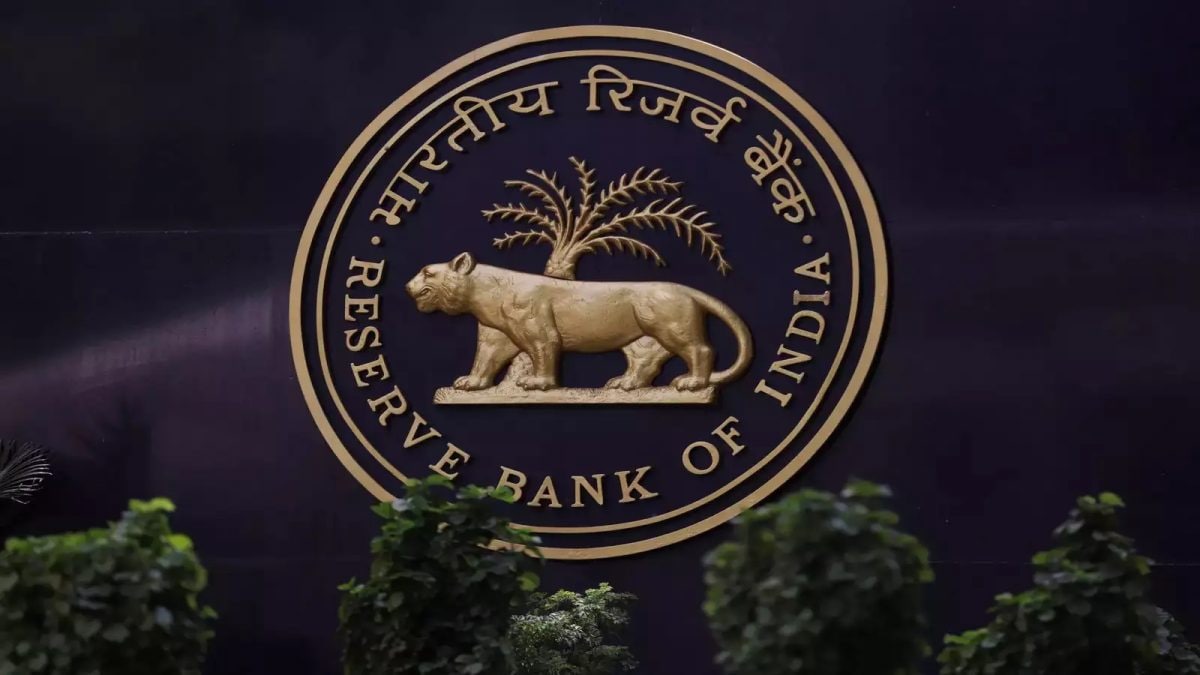Politics
Afghan quake survivors refuse to return home, fearing deadly landslides
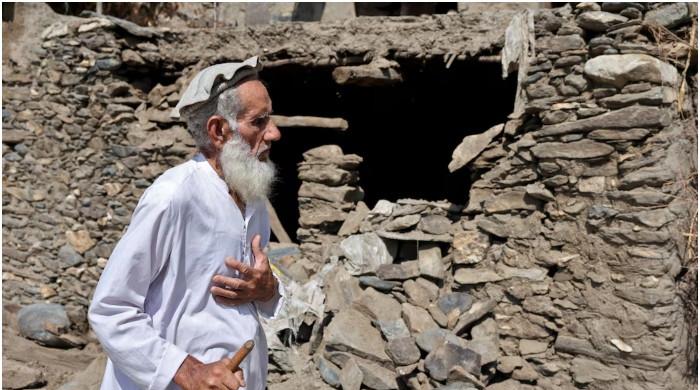
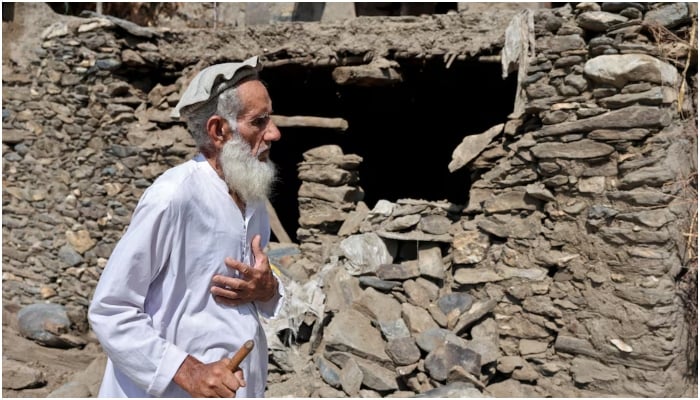
- Survivors camp outdoors fearing aftershocks, lack tents.
- More than 2,200 dead in calamity, helicopters deliver aid.
- Afghan children face trauma, disease risks after quake.
Haunted by the fear that aftershocks could send boulders crashing from the mountains, Afghan earthquake survivors are refusing to return to their devastated villages and are camping in fields and along riverbanks, despite lacking tents for shelter.
“We have no shelter, not even a tent,” said 67-year-old farmer Adam Khan, standing outside his ruined home in Masud village, in Afghanistan’s eastern Kunar province, which was flattened by the recent quakes. “It rained last night, we had no place to take cover. Our biggest fear is the big rocks that could come down at any moment.”
Two earthquakes since August 31 have killed more than 2,200 people and injured over 3,600 across the region, flattening thousands of mud-and-stone houses. Aftershocks triggered fresh landslides, leaving families trapped between unstable mountains and swollen rivers.
Aid agencies have flown in food and supplies by helicopter, but survivors say help has been slow and patchy. Many villages remain cut off, several hours from the nearest road. Families now cluster in makeshift camps, with little more than their salvaged belongings.
“The tents they gave us cannot even accommodate our children,” said farmer Shams-ur-Rahman, who lost six relatives and fled with his family of nine. “On the way down from the mountain, I had no shoes for my son, so I shared mine with him in turns as we walked down.”
For many, displacement appears permanent. “Even if there is no earthquake, a simple rainfall could bring rocks crashing down on us,” said Gul Ahmad, 51, standing beside flapping pop-up tents. “We will not go back. The government must provide us a place.”
Humanitarian groups warn that without adequate shelter, sanitation and food, the trauma could spread disease and deepen poverty in one of the world’s most quake-prone countries. Children are among the worst affected — 12-year-old Sadiq, who survived 11 hours trapped under rubble, said quietly, “I thought I would die. It felt like doomsday.”
Meanwhile, at the United Nations, Shannon O’Hara, Head of Strategy and Coordination for OCHA Afghanistan, will brief virtually on the humanitarian response to the earthquakes.
Politics
World’s largest accounting body to scrap online exams as AI fuels cheating fears


The world’s largest accounting body is pulling back from online examinations, citing growing concerns that advances in artificial intelligence have made remote assessments too easy to exploit, The Guardian reported.
The Association of Chartered Certified Accountants (ACCA) said students will largely be required to sit exams in person from March, bringing to an end a practice introduced during the Covid pandemic. Remote exams will only be permitted in limited and exceptional cases.
The decision follows what the ACCA describes as an escalating challenge in maintaining exam integrity. According to its chief executive, Helen Brand, the methods used to cheat have become increasingly sophisticated, overtaking the effectiveness of existing monitoring systems.
Online testing was originally adopted to ensure continuity during lockdowns, allowing students to progress towards qualification when exam centres were closed. Since then, however, regulators and professional bodies have raised repeated warnings about misconduct in high-stakes professional exams.
In 2022, the Financial Reporting Council, the UK’s audit and accounting watchdog, described cheating as an active concern across major firms, including top-tier auditors such as the Big Four. That year also saw EY fined $100m (£74m) by US regulators after employees were found to have cheated on ethics exams and the firm was accused of misleading investigators.
The ACCA, which has nearly 260,000 members globally, said it has invested significant effort in tackling dishonest behaviour but acknowledged that those intent on cheating are adapting rapidly, driven in part by easy access to AI tools.
Other professional bodies have reported similar pressures. The Institute of Chartered Accountants in England and Wales said last year that reports of cheating continued to rise, although it still allows some exams to be taken online.
Brand said the wider trend across professional qualifications is clear, with fewer high-stakes exams relying on remote invigilation as concerns about credibility and trust grow.
Politics
Police say Bondi Beach mass shooting suspects ‘acted alone’
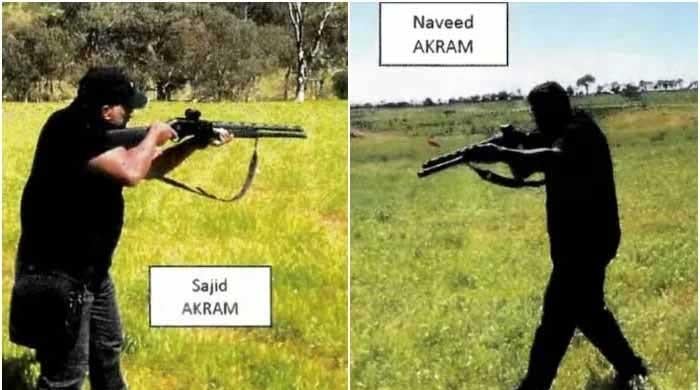
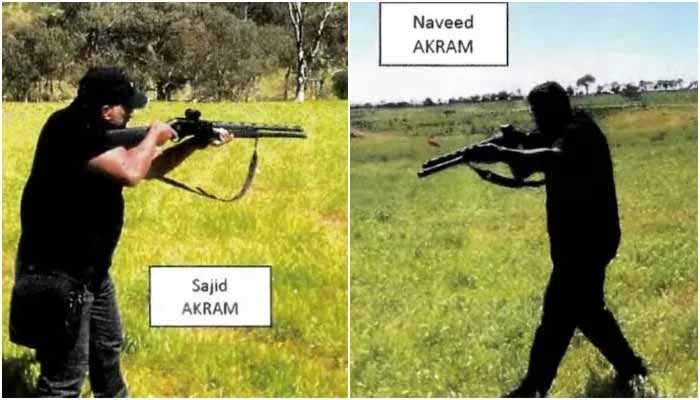
- Attackers Sajid and Naveed Akram travelled to Philippines.
- No evidence of directions to carry out attacks, say police.
- Shooters not part of any wider terrorist cell: Krissy Barrett
SYDNEY: A father and son accused of a mass shooting at Australia’s Bondi Beach “acted alone” and were not part of a wider terrorist cell, police said on Tuesday.
Sajid Akram and his son Naveed allegedly killed 15 people in a Daesh-inspired attack targeting a Jewish festival on December 14.
The pair travelled to the southern Philippines in the weeks before shooting, fuelling suspicions they may be linked to extremists in a region with a history of extremist insurgencies.
Australian Federal Police commissioner Krissy Barrett said so far, this did not appear to be the case.
“These individuals are alleged to have acted alone,” she told reporters.
“There is no evidence to suggest these alleged offenders were part of a broader terrorist cell, or were directed by others to carry out the attack.”
Barrett said police would continue to probe why the pair travelled to the city of Davao, where CCTV showed they barely left their budget hotel.
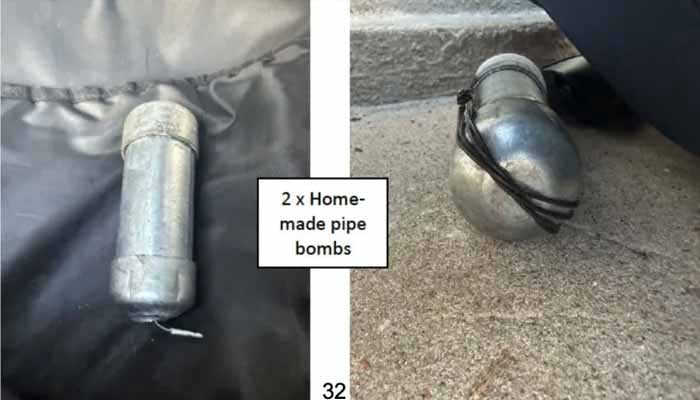
“I want to be clear. I am not suggesting they were there for tourism,” she said.
Police believe the duo “meticulously planned” the attack for months, and have released pictures showing them training with shotguns in the Australian countryside.
They also recorded a video in October railing against “Zionists” while sitting in front of a flag of Daesh, police have said.
Sajid Akram, 50, was shot and killed by police during the attack. An Indian national, he entered Australia on a visa in 1998.
Crackdown on guns
His 24-year-old son, Naveed, an Australian-born citizen, remains in custody charged with 15 murders and a litany of other serious offences.
New Year’s Eve parties across Sydney will pause at 11pm on Wednesday for a minute of silence in memory of the victims.
Crowds will be watched over by squads of police carrying high-powered firearms, New South Wales state premier Chris Minns said on Tuesday.
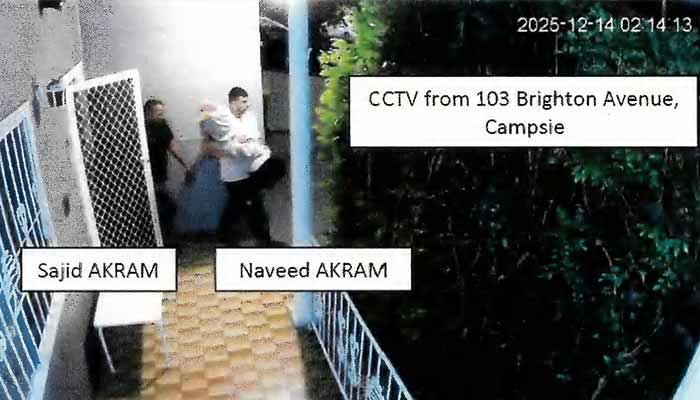
“That is a clear and deliberate message from the police that safety is the number one priority,” he told reporters.
Australian Prime Minister Anthony Albanese has announced a nationwide crackdown on gun ownership and hate speech in the wake of the attack, promising stricter laws and harsher penalties.
He has announced a sweeping buyback scheme to “get guns off our streets”.
It is the largest gun buyback since 1996, when Australia tightened firearms laws in the wake of a mass shooting that killed 35 people at Port Arthur.
Albanese has also ordered a review of police and intelligence services.
Politics
Trump warns of swift new US strikes if Iran revives nuclear programme
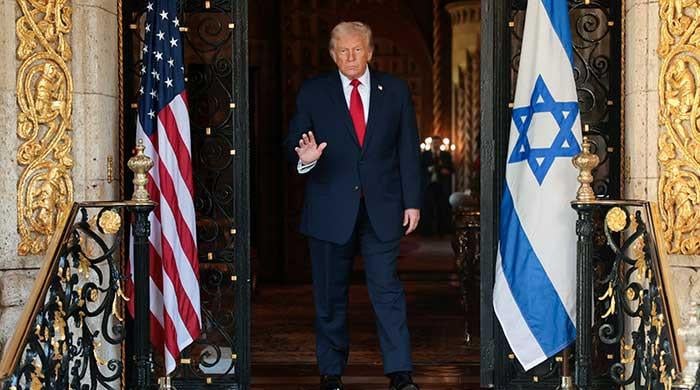
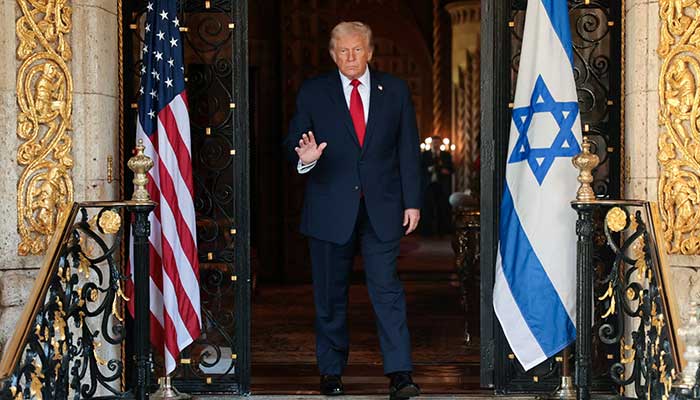
- Trump says open to negotiating smarter Iran deal.
- Hopes Israel moves towards better ties with Syria.
- Relays Putin claim of Ukrainian attack on residence.
US President Donald Trump on Monday said that the US would quickly launch new attacks on Iran if it is rebuilding the nuclear programme that he struck in June.
“I hear Iran is trying to build up again, and if they are, we have to knock them down,” he told reporters while welcoming Israeli Prime Minister Benjamin Netanyahu to his Mar-a-Lago estate in Florida to discuss the next phase Gaza plan. “We’ll knock the hell out of them.”
Trump also said he remained open to negotiating a “deal,” which he called “much smarter.”
“I feel that if you had the wrong prime minister, Israel would not exist,” Trump told reporters, in remarks full of praise for the Israeli leader.
He said Israeli President Isaac Herzog had told him he planned to pardon Netanyahu of corruption-related charges.
He added that he hoped Israel could get along with Syria, even as Netanyahu’s government has consistently infringed upon Syrian territorial sovereignty since former strongman Bashar al-Assad was deposed late last year.
Russia-Ukraine conflict
Trump further said that Russian President Vladimir Putin told him Ukraine tried to attack Putin’s residence in northern Russia, which Kyiv has denied.
Russia accused Ukraine of trying to attack Putin’s residence in northern Russia, although it provided no evidence to back up an assertion that Kyiv dismissed as baseless and designed to undermine peace negotiations.
“I don’t like it. It’s not good,” Trump told reporters when asked if he was worried the allegation could affect his efforts to broker peace. “I learned about it from President Putin today. I was very angry about it.”
“It’s a delicate period of time. This is not the right time. It’s one thing to be offensive, because they’re offensive. It’s another thing to attack his house. It’s not the right time to do any of that,” he said.
When asked if there was any evidence of such an attack, Trump said: “We’ll find out.”
He described his call with Putin earlier on Monday as a “very good talk.”
“We have a few very thorny issues,” Trump said about talks to end the war in Ukraine.
Russia controls about a fifth of Ukraine, including the Crimean peninsula, which it annexed in 2014.
It claims Donbas — comprising the Donetsk and Luhansk regions — as well as the Zaporizhzhia and Kherson regions, although they are all internationally recognised as Ukraine’s sovereign territory.
Russia wants Kyiv to withdraw troops from parts of the Donetsk region it has failed to occupy. Kyiv wants fighting halted along the current front lines, and Washington has proposed a free economic zone if Ukraine pulls troops back.
-

 Sports3 days ago
Sports3 days agoBrooks Koepka should face penalty if he rejoins PGA Tour, golf pundit says
-

 Sports1 week ago
Sports1 week agoPatriots vs. Ravens (Dec 21, 2025) Live Score – ESPN
-

 Entertainment1 week ago
Entertainment1 week agoDave Chappelle drops Netflix special, ‘Dave Chappelle: The Unstoppable…’
-

 Sports1 week ago
Sports1 week agoWATCH: Pakistan’s winning moment as Green Shirts clinch U19 Asia Cup title
-

 Business1 week ago
Business1 week agoNeptune Logitek Shares List At 26% Discount, IPO Investors Suffer Nearly Rs 30,000 Losses
-
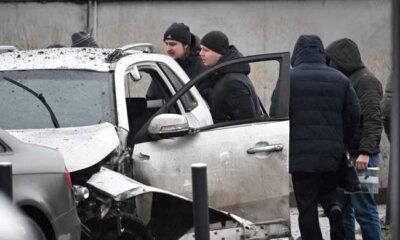
 Politics1 week ago
Politics1 week agoMoscow car blast kills Russian general hours after US talks
-

 Business4 days ago
Business4 days agoGovt registers 144olive startups | The Express Tribune
-

 Entertainment1 week ago
Entertainment1 week agoPentatonix sings “Christmas Time Is Here”





